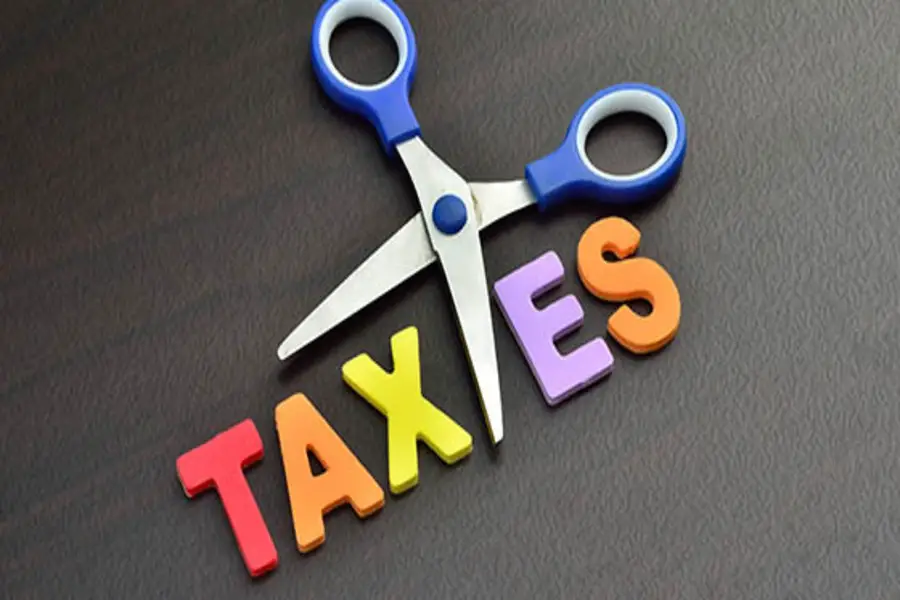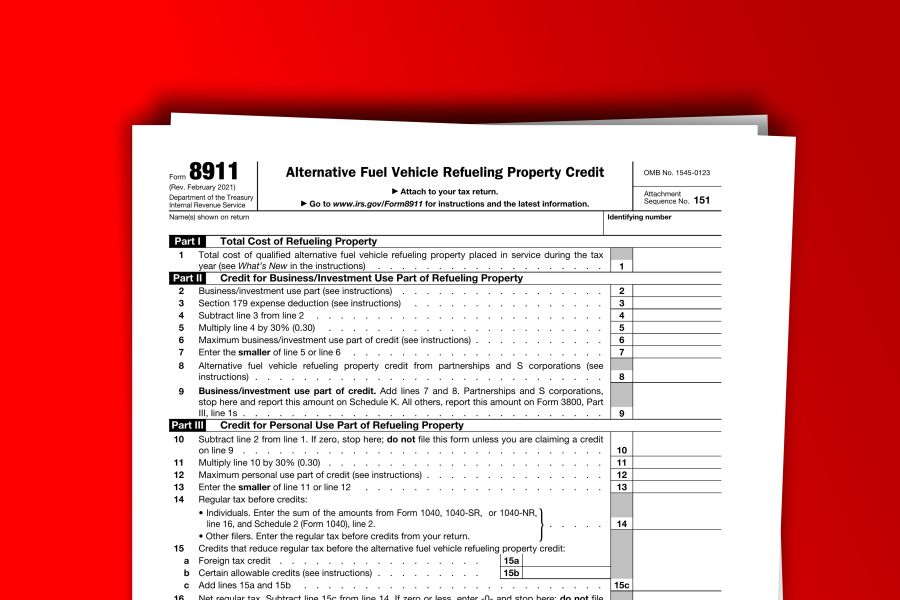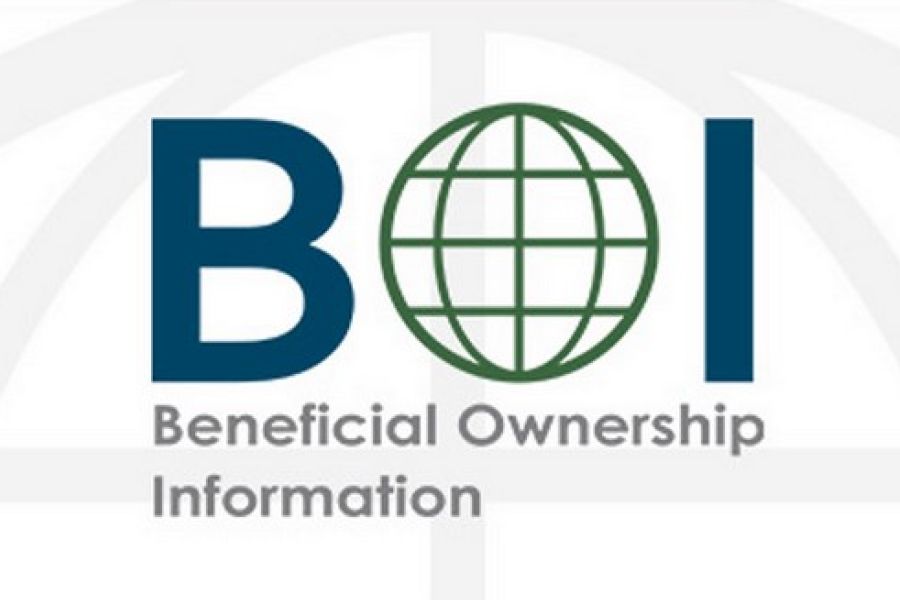You may already be familiar with artificial intelligence (AI) and even use it in business applications. What about generative AI (Gen AI)? Gen AI typically is used to create new content (such as text, images, code and video) from raw data and includes such popular systems as Grok, ChatGPT and DALL-E. Gen AI can also help reduce, uncover and combat fraud. However, there may be ethical and legal implications of using these applications. Digital decisions Fraud can occur when a perpetrator finds one or more weaknesses in a company’s defenses and exploits them, creating patterns of activity. Finding these patterns quickly is critical to minimizing losses. Traditional fraud detection engines rely on rules to detect suspicious activity. Once the technology detects a transaction that fits a pattern, the...

Operating your small business as a Qualified Small Business Corporation (QSBC) could be a tax-wise idea. Tax-free treatment for eligible stock gains QSBCs are the same as garden-variety C corporations for tax and legal purposes — except QSBC shareholders are potentially eligible to exclude from federal income tax 100% of their stock sale gains. That translates into a 0% federal income tax rate on QSBC stock sale profits! However, you must meet several requirements set forth in Section 1202 of the Internal Revenue Code, and not all shares meet the tax-law description of QSBC stock. Finally, there are limitations on the amount of QSBC stock sale gain that you can exclude in any one tax year (but they’re unlikely to apply). Stock acquisition date is key The 100% federal...
The so-called “kiddie tax” can cause some of a child’s unearned income to be taxed at the parent’s higher marginal federal income tax rates instead of at the usually much lower rates that a child would otherwise pay. For purposes of this federal income tax provision, a “child” can be up to 23 years old. So, the kiddie tax can potentially affect young adults as well as kids. Kiddie tax basics Perhaps the most important thing to know about this poorly understood provision is that, for a student, the kiddie tax can be an issue until the year that he or she turns age 24. For that year and future years, your child is finally kiddie-tax-exempt. The kiddie tax is only assessed on a child’s (or young adult’s)...
In today’s uncertain markets, the value of a business may change significantly over time. So it’s important to choose the valuation date carefully. Often, the date is prescribed by law or a judge. But sometimes attorneys or others, such as the executor in an estate valuation, are allowed to decide between different dates. A fundamental decision The valuation date serves as a cutoff for the information that can be used to estimate value. In general, valuators can’t consider any events that happen after the valuation date, unless the information was “reasonably known or knowable” on the valuation date. However, there’s a key distinction between events that affect value and those that are indicators of value. For example, a valuator may consider an arm’s-length sale or bona fide third-party...
If you’re an employer with a business where tipping is routine when providing food and beverages, you may qualify for a federal tax credit involving the Social Security and Medicare (FICA) taxes that you pay on your employees’ tip income. Credit fundamentals The FICA credit applies to tips that your staff members receive from customers when they buy food and beverages. It doesn’t matter if the food and beverages are consumed on or off the premises. Although tips are paid by customers, for FICA purposes, they’re treated as if you paid them to your employees. As you know, your employees are required to report their tips to you. You must: Withhold and remit the employee’s share of FICA taxes, and Pay the employer’s share of those taxes. How the...
One of your New Year’s resolutions may be to pay more attention to your health. Of course, that may cost you. Can you deduct your out-of-pocket medical costs on your tax return? It depends. Many expenses are tax deductible, but there are several requirements and limitations that make it difficult for many taxpayers to actually claim a deduction. The rules Medical expenses can be claimed as a deduction only to the extent your unreimbursed costs exceed 7.5% of your adjusted gross income. Plus, medical expenses are deductible only if you itemize, which means that your itemized deductions must exceed your standard deduction. Due to changes in the Tax Cuts and Jobs Act, which generally went into effect in 2018, many taxpayers no longer itemize. Eligible medical costs include...
Sometimes divorcing spouses or sparring former business partners illegally hide assets to prevent their fair division. And fraud perpetrators almost always try to hide their ill-gotten gains. In such cases, sociological information — gathered as part of a lifestyle analysis — can be almost as revealing as financial data. Here’s what forensic accountants examine when they’re on the hunt for hidden assets. Starting with numbers Forensic accountants usually start with numbers. For example, an expert typically reconstructs the subject’s income by analyzing bank deposits, canceled checks and currency transactions, as well as accounts for cash payments from undeposited receipts and non-income cash sources, such as gifts and insurance proceeds. A forensic expert also usually analyzes the subject’s personal income sources and uses of cash during a given time...
If you’re interested in selling commercial or investment real estate that has appreciated significantly, one way to defer a tax bill on the gain is with a §1031 “like-kind” exchange. With this transaction, you exchange the property rather than sell it. Although the real estate market has been tough recently in some locations, there are still profitable opportunities (with high resulting tax bills) when the like-kind exchange strategy may be attractive. A like-kind exchange is any exchange of real property held for investment or for productive use in your trade or business (relinquished property) for like-kind investment, trade or business real property (replacement property). For these purposes, like-kind is broadly defined, and most real property is considered to be like-kind with other real property. However, neither the...
As reported via IR-2024-16 on 1/19/2024 The Internal Revenue Service and the Department of the Treasury today issued Notice 2024-20 to provide guidance on eligible census tracts for the qualified alternative fuel vehicle refueling property credit (the tax credit applicable to the installation of EV chargers) and to announce the intent to propose regulations for the credit. The Inflation Reduction Act amended the credit for qualified alternative fuel vehicle refueling property. The changes apply to qualified alternative fuel vehicle refueling property placed in service after December 31, 2022 and before January 1, 2033. Business vs Non-Business Property Property Not Subject to Depreciation The credit amount for property not subject to depreciation is 30% of the cost of the qualified property placed in service during the tax year. The credit is...
As the Financial Crimes Enforcement Network (FinCEN) opens its beneficial ownership information (BOI) reporting portal, its BOI webpage, reflects a fraud alert for individuals and entities who may be subject to beneficial ownership information (BOI) reporting. According to the FinCEN fraud alert, individuals and entities that may be subject to the beneficial ownership information (BOI) reporting requirements have been receiving fraudulent correspondence, via email or traditional mail, that appears as though it came from FinCEN. In some instances, the fraudulent correspondence may be titled "Important Compliance Notice" and ask the recipient to click on a URL or to scan a QR code. Be advised that e-mails or letters such as this are fraudulent, according to the alert. FinCEN cautions individuals that it does not send unsolicited requests for information,...
- 1
- 2
- 3
- 4
- 5
- 6
- 7
- 8
- 9
- 10
- 11
- 12
- 13
- 14
- 15
- 16
- 17
- 18
- 19
- 20
- 21
- 22
- 23
- 24
- 25
- 26
- 27
- 28
- 29
- 30
- 31
- 32
- 33
- 34
- 35
- 36
- 37
- 38
- 39
- 40
- 41
- 42
- 43
- 44
- 45
- 46
- 47
- 48
- 49
- 50
- 51
- 52
- 53
- 54
- 55
- 56
- 57
- 58
- 59
- 60
- 61
- 62
- 63
- 64
- 65
- 66
- 67
- 68
- 69
- 70
- 71
- 72
- 73
- 74
- 75
- 76
- 77
- 78
- 79
- 80
- 81
- 82
- 83
- 84
- 85
- 86
- 87
- 88
- 89
- 90
- 91
- 92
- 93
- 94
- 95
- 96
- 97
- 98
- 99
- 100
- 101
- 102
- 103
- 104
- 105
- 106
- 107
- 108
- 109
- 110
- 111
- 112
- 113
- 114
- 115
- 116
- 117
- 118
- 119
- 120
- 121
- 122
- 123
- 124
- 125
- 126
- 127
- 128
- 129
- 130
- 131
- 132
- 133
- 134
- 135
- 136











